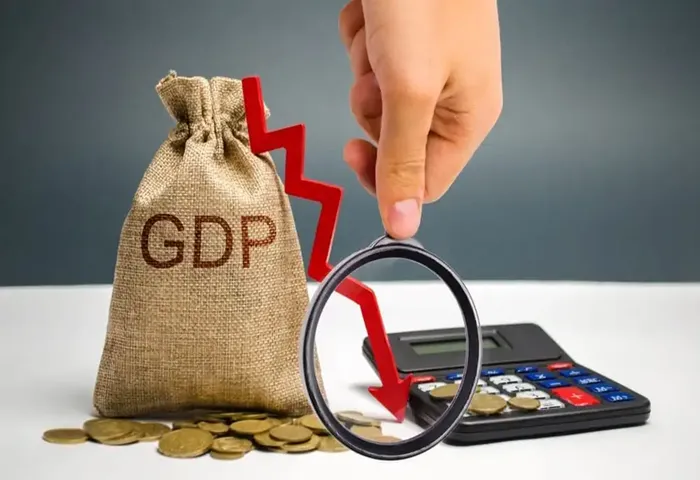US consumers are tightening their belts on travel and leisure expenditures, affecting major businesses such as Disney theme parks, Airbnb home rentals, and Hilton hotels. This trend raises concerns about the health of the economy.
Recent earnings reports from various companies reveal that American households are cutting back on spending as their pandemic-era savings dwindle amid persistent inflation. This belt-tightening is causing ripple effects across the travel and leisure sectors.
Last Friday’s weak jobs report sparked investor doubts about the US economy’s ability to achieve a soft landing, leading to volatile stock market activity and increased pressure on the Federal Reserve to accelerate interest rate cuts.
The corporate earnings season has underscored the strain on consumers, whose spending accounts for two-thirds of the US economy. Companies such as McDonald’s and consumer goods giant Procter & Gamble have reported weakening sales trends.
On Wednesday, Disney announced a 3% decline in operating profit for its parks unit, which includes Disney World in Florida and Disneyland in California. The company attributed this to a “moderation of consumer demand” and rising food and labor costs. Disney’s Chief Financial Officer, Hugh Johnston, explained that higher food costs and other expenses have led to flat attendance growth at the parks.
“Consumers who are a little more value-conscious due to food inflation and the like are managing their budgets more carefully,” Johnston said. Additionally, Disney theme parks have lost some wealthier American visitors to international destinations due to the strong dollar. This shift has also led to a 5% drop in sales of stuffed animals, toys, and other goods at the parks and retailers compared to the same period last year.
Hilton’s CEO, Chris Nassetta, echoed these sentiments, noting a softening market as the hotel chain reported its results on Wednesday. He pointed out that US consumers, having exhausted their pandemic savings, now have less disposable income for activities including travel.
Similarly, Airbnb highlighted “signs of slowing demand from US guests” during its peak summer season, forecasting a deceleration in annual sales growth. This news caused Airbnb shares to close down 13.4% on Wednesday.
Airlines, facing surplus plane seats this summer, have announced plans to cut ticket prices. Topgolf Callaway Brands also cited economic “headwinds,” reporting “softer-than-expected traffic” at its golf driving ranges.
The confluence of these factors paints a challenging picture for the travel and leisure sectors as they navigate the evolving economic landscape.
Related topics:
What Is the Cheapest Way to Get Around the UK
What Are the Travel Requirements for UK
What Is the Best Month to Visit London

